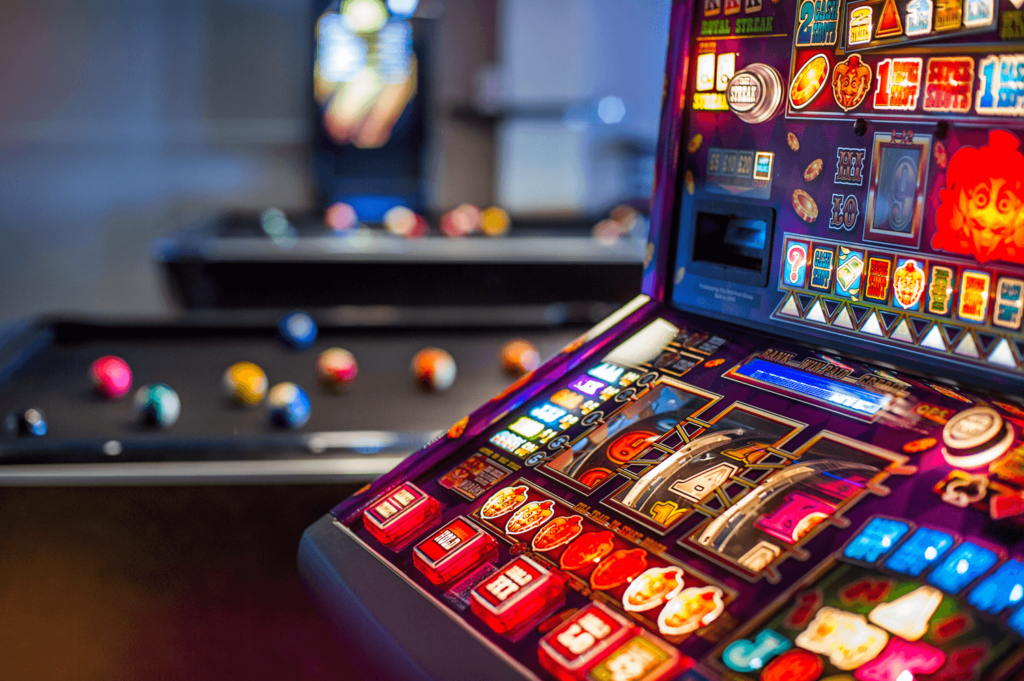The evolution of slot games from classic mechanical machines to modern online experiences represents a fascinating journey through technological advancements and shifting player preferences. In the early days of gambling, slot machines were simple mechanical devices featuring three spinning reels adorned with symbols like fruits, bells, and lucky sevens. These classic slots relied on physical mechanisms such as springs and levers to determine outcomes, with players pulling a lever to set the reels in motion. The charm of these vintage machines lay in their simplicity and the anticipation of seeing which symbols would align to deliver a win. However, as technology progressed, so did the slot game industry. The introduction of electronic components in the 1960s paved the way for more complex gameplay mechanics and enhanced features. Video slots emerged, replacing the traditional mechanical reels with virtual ones displayed on a screen. This innovation allowed for a broader range of themes, graphics, and animations, captivating players with immersive experiences. Bonus rounds, scatter symbols, and wilds became commonplace, adding layers of excitement and interactivity to the gameplay.

The transition from land-based casinos to online platforms in the late 20th century marked another significant milestone in the evolution of slot games. With the advent of the internet, players gained access to a vast array of slot titles from the comfort of their homes. Online slots offered unparalleled convenience and flexibility, allowing players to enjoy their favorite games anytime, anywhere, on various devices. Moreover, the digital format enabled developers to push the boundaries of creativity, incorporating cutting-edge technology to deliver stunning visuals, cinematic soundtracks, and innovative gameplay mechanics. The rise of mobile technology further revolutionized the slot game industry, giving rise to a new generation of players who prefer gaming on smartphones and tablets. Mobile slots are optimized for touchscreens, offering intuitive controls and seamless navigation. Developers leverage the capabilities of mobile devices to deliver high-definition graphics, smooth animations, and engaging features that rival those of desktop counterparts. The accessibility of mobile slots has democratized gaming, attracting a diverse audience spanning different age groups and demographics.
In recent years, the integration of blockchain technology has brought about another wave of innovation in the slot game ecosystem and check here https://daftarslotmu.com/. Blockchain-based casinos offer provably fair games, ensuring transparency and trustworthiness in outcomes. Cryptocurrency payments provide fast, secure, and anonymous transactions, eliminating the need for traditional banking methods. Additionally, blockchain enables the tokenization of in-game assets, allowing players to own, trade, and monetize virtual items across different platforms. Looking ahead, the future of slot games promises even more innovation and evolution. Virtual reality VR and augmented reality AR technologies hold the potential to transform the gaming experience, transporting players to immersive digital worlds where they can interact with slots in unprecedented ways. Artificial intelligence AI and machine learning algorithms may personalize gameplay experiences based on individual preferences and behavior patterns. As technology continues to advance, slot games will evolve to offer increasingly immersive, interactive, and rewarding experiences, ensuring that they remain a beloved form of entertainment for generations to come.